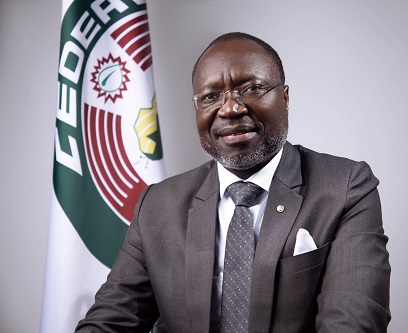The Economic Community of West African States, ECOWAS has acknowledged the withdrawal request of the three member states of Niger, Burkina Faso and Mali, from the regional bloc, giving six months transitional period.
The regional bloc declared the six-month transition period between January 29, 2025 and July 2025.
READ ALSO: ECOWAS Chairman tasks member countries on peaceful democratic transitions
The President of the ECOWAS Commission, Omar Touray, made these known on Sunday at the close of the 66th Ordinary Session of the ECOWAS Authority of Heads of State and Government.
“The Authority takes note of the request by Burkina Faso, Mali and Niger to withdraw from ECOWAS.
“In accordance with article 91 of the ECOWAS treaty, the three countries will cease to be members of ECOWAS from January 29, 2025.
“The Authority acknowledges that in accordance with the provisions of Article 91, of the revised ECOWAS treaty, the three countries will officially cease to be members of ecowas from 29 January, 2025 the authority decides to set the period from 29 January, 2025 to 29 July, 2025 as a transitional period, and to Keep ECOWAS doors open to the 3 countries during the transition period.” Touray added.
Consequently, the bloc says despite the acknowledgment of the decisions made by the 3 countries, its doors still remain open during the six-month transitionary period from January 29 to July 29.
In January 2024, the three countries of Mali, Burkina Faso and Niger announced their decision to withdraw from ECOWAS.
They accused the regional bloc of deviating from its foundational ideals and succumbing to external influences, particularly criticising the imposition of sanctions aimed at reversing their respective coups.
This decision followed a series of military takeovers: Mali in 2020 and 2021, Burkina Faso in 2022, and Niger in 2023, each leading to suspensions from ECOWAS and strained relations with the organisation.
PIAK


Comments are closed.